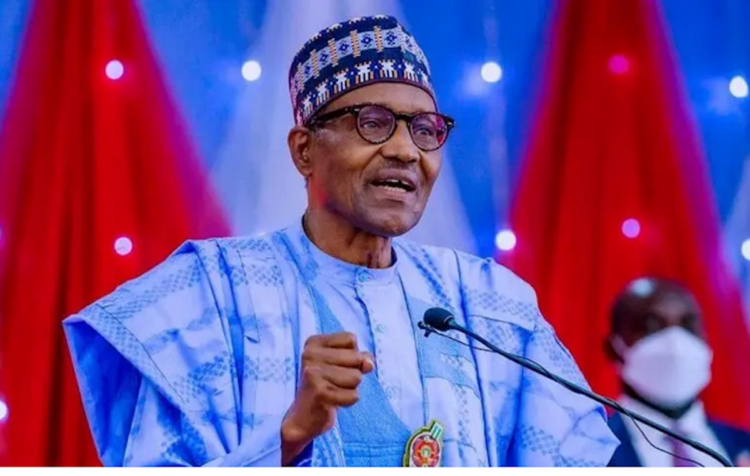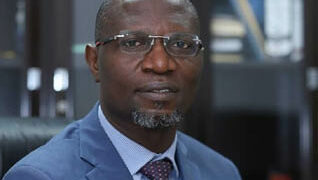President Muhammadu Buhari over the weekend while opening the 44th Kaduna International trade fair, reiterated government’s commitment towards improving agriculture to boost economy and create jobs.
Speaking at the opening of the fair which is organised by the Kaduna State Chamber of Commerce, Industry, Mines and Agriculture (KADCCIMA), the president represented by the Minister of Agriculture, Malam Muhammad Mahmud added that government will continue empowering businesses especially Micro Small and Medium Enterprises (MSMEs) as well as promote trade and investment in order to achieve economic sustainability and reduce dependency on foreign products
Also speaking, the minister of Industry, Trade and Investment, Otunba Adeniyi Adebayo said the theme of the fair, ‘Promoting Value Addition for Sustainable Growth and Development’ is in tune with federal government’s empowerment initiative of bridging technological gaps and developing local
He however described KADCCIMA as one of the vibrant chambers of commerce that has leveraged on its members and institutional support to build a reputation for excellence in commerce adding, “Your partnership with government has transformed the industrial landscape of the city for the benefit of your members and the Nigerian economy.”
Governor of Kaduna State, Malam Nasir el-Rufa’i represented by the permanent secretary, Ministry of Business, Innovation and Technology, Dr. Yusuf Sale encouraged prospective investors to feel free to come to Kaduna for their investment and urged the chamber to extend the use of it’s facility beyond annual trade fair events.
“I wish to call on KADCCIMA to continue to educate their members and our local investors to leverage on the collective services of the chambers and the Nigerian Shippers Council, the Nigerian Export Promotion Council and the Kaduna Inland Dry Port in attaining smooth haulage of their goods devoid of cumbersome processes and risks”, he said.
President of the chamber, Alhaji Aliyu Suleiman noted that only high value addition culture and great capacity utilisation will push Nigeria to a favorable position within the African Continental Free Trade Area (AfCFTA).
He then stressed the need for Nigeria to be increasingly innovative and promote high level of value addition ‘as most of the countries involved in the trade agreement have similar products and resources.’
According to him, “The combined effect of the Ukraine war, the inflationary pressures in G-7 countries and the high interest rates engineered by central banks across the world will negatively impact on landed cost of industrial inputs needed by the real sector and in particular by SMEs in Nigeria. It is to be noted that the United Nation’s Food and Agriculture Organisation (FAO) estimates that about 25.3 million people will face food insecurity across Nigeria between June and August 2023 with 17 million people in the country already facing food crisis as at October 2022. These include IDPs and returnees in 26 states including the Federal Capital Territory.
“Added to this scenario is the continued depreciation of the Naira, the dependence of the FGN on the Central Bank to finance its budget deficit, the ballooning debt profile, the impact of insecurity on agricultural performance and the massive youth unemployment. The re-design of the Naira notes even though a good policy, has left much to be desired in its implementation. This has caused untold hardship to Nigerians as a result of which a lot of money has been lost. These are certainly not good news for our weak economy that is yet to develop significant resilience through systemic efficiency to absorb ripple effects of global or regional economic slowdown.”
He then urged the federal and state governments to come up with a design and implement home-grown policies to address health, education and skill acquisition for the youth and vigorously promote greater local value addition into domestic industrial production.
He stressed the need for the government to fully implement the provisions of the Executive Order 3 aimed at institutionalising government patronage of made-in-Nigeria products and services at all levels and to re-align and adapt fiscal and monetary policies to challenges faced by the real sector.











